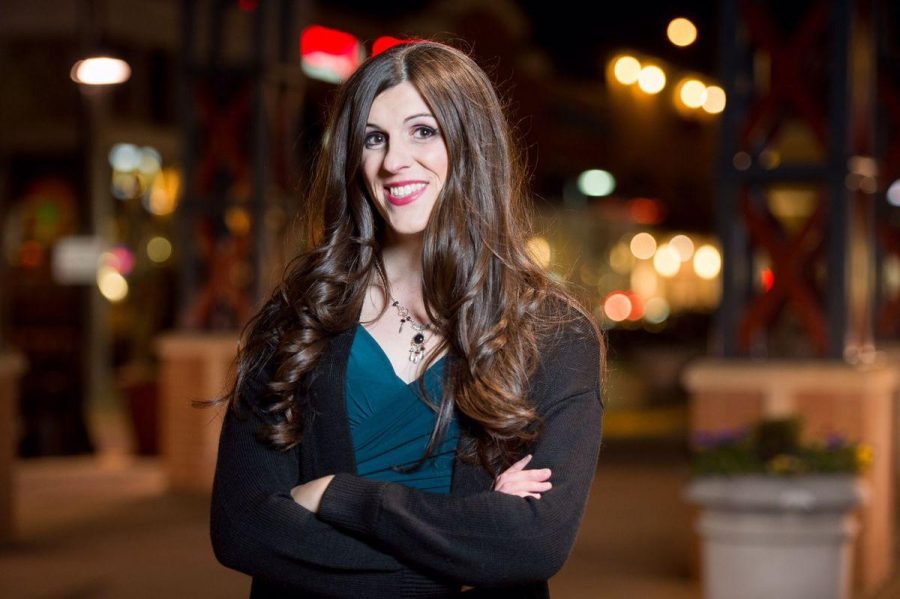By Shen Gao
Staff Writer
Google “how often should you” and the third suggestion that pops up is “how often should you wash your hair,” after “poop” and “pee.” This is a question that many of us may have struggled to find the answer for.
Gradually, scalps get shinier, dirtier, and more oily. Why does this happen? And how often should one wash one’s hair in order to keep it healthy? The answer may not be as straightforward as one would expect.
Sebum, an oily substance produced by the glands in the skin, is to blame for the oiliness of one’s hair and face. Channels from the sebaceous glands lead to the hair follicle, and subsequently travels down the length of the hair. Sebum helps protect skin when the amount is right, but when too much is produced by the body, one may struggle with acne, and when there is too little, overly dry skin results. The sebaceous glands are found everywhere on your skin except for your palms and the bottom of your feet.
Some beneficial functions of sebum include keeping the skin waterproof, preventing dehydration of the skin, and protecting the skin from infections. Typically, sebum production is highest during puberty. Regardless, each person produces different amounts of sebum, and this in part determines how often one need to wash one’s hair.
If your skin is not overly oily or overly dry, you only need to wash your hair once or twice per week, says a Columbia University health column. Scalps that are more greasy would probably require more washing.
Hair type/texture determines the rate with which sebum travels down your hair from the roots. Coarse or curly hair slows this rate, so if this matches the description of your hair, you may only need to shampoo it once a week. Acid rinse may help restore shine to your hair — some possible liquids to try are white vinegar or lemon, together with water.
Typically, the more you put your hair through styling and treatment, the more brittle it will tend to be. Consider washing it less if it has been damaged by styling.
Ultimately, experimenting with duration between washes, and with types of shampoo or washing methods works best. Alternating your shampoo every couple months prevents your hair from buildup. In addition, diet also plays an important role in health, including hair health, so be sure to nourish your body.

















